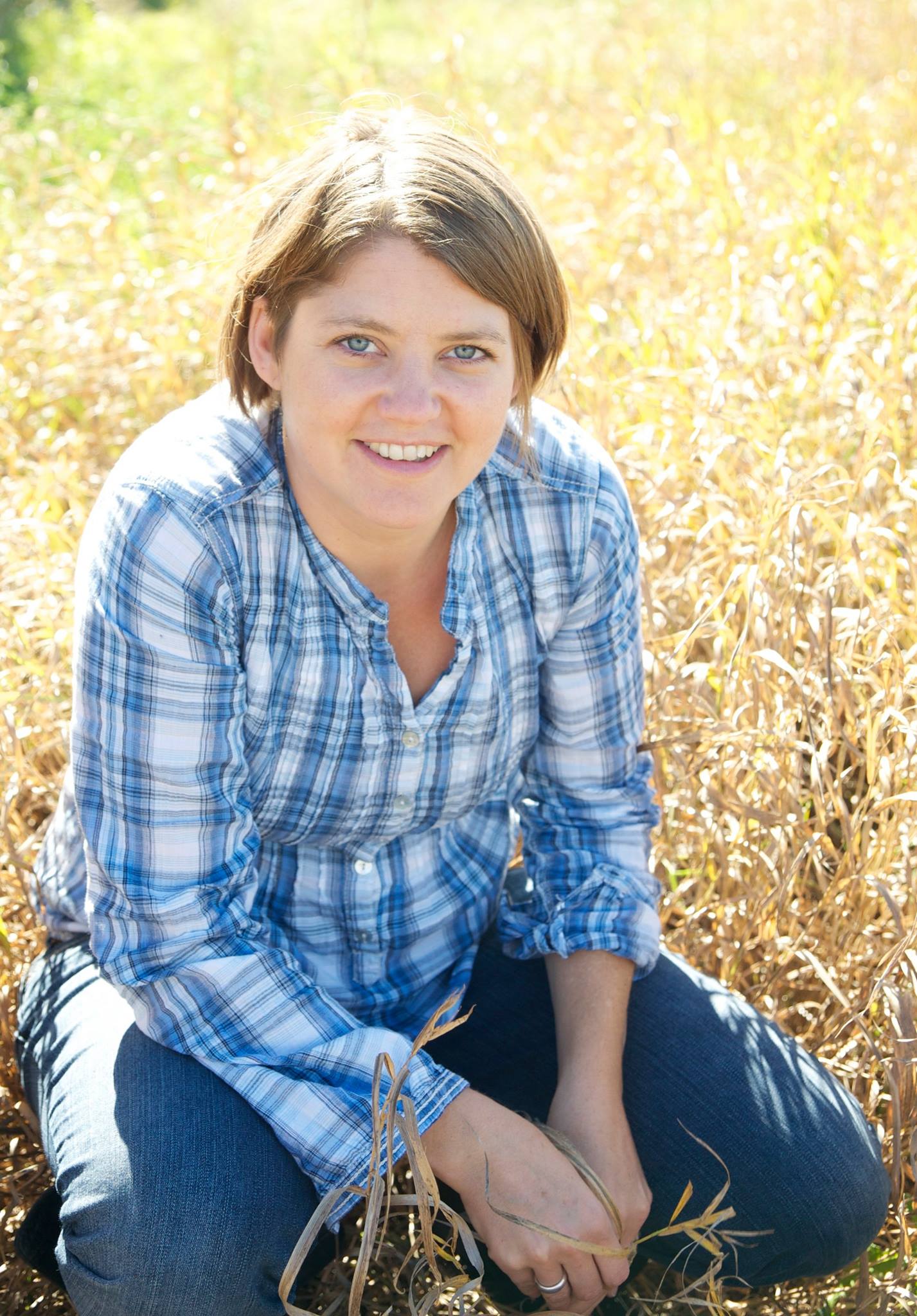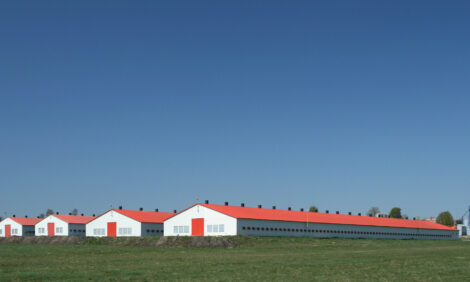



Research promotes healthier poultry and environment
Using a forest industry waste product improves health, lessens reliance on fossil fuelsAlthough propane is commonly used as a heat source for agricultural buildings it can create a wet heat that exacerbates illness in poultry.
Researchers Joe Moritz, professor of poultry science, Jingxin Wang, director of WVU Center for Sustainable Biomaterials and Bioenergy, and Shawn Grushecky, assistant professor of energy land management, are studying the potential benefits of using a wood boiler system that contains a heat exchanger fueled by hot water.
The research is supported by a $250,000 USDA Forest Service grant.
Water is heated by burning wood byproducts and runs through the heat exchanger where a fan blows, creating dry heat, said the research report.
With the decrease in regular use of antibiotics, chickens are more prone to digestive ailments that create wetter conditions in the barn, making dry heat production all the more important.
“There can be 25,000 to 65,000 chickens in one barn,” said Moritz. “Using propane to heat the barn exacerbates the issues and causes even more wet conditions. The chickens can get callouses and sores on their feet."

The promising research revealed the system dries the litter and improves bird health, which was evidenced by improved foot pad scores.
“The birds raised in those dry conditions had much better-looking foot pads,” Moritz said. “Aside from health, that’s also an economically-important product that sells to different Asian markets.”
Researcher Wang is looking into energy efficiency and emissions of a variety of wood products, including chips, pellets and sawdust.
"Wood is a strategic replacement as an energy fuel source because of the vast availability of wood residues from timber harvesting that can be used for wood boiler fuel,” Wang said.
While the propane may have a higher efficiency, the downfalls are higher humidity and ammonia levels. Both are bad for bird health, said Wang.
"Wood energy conversion offers a cleaner and renewable fuel that maintains a high-energy efficiency while creating healthier conditions for growing birds," he said.
The researchers hope, if the study is successful, that state farmers will eventually be able to replace their propane heating systems with a wood boiler system.
“We’ve been looking at expanding the market for wood products,” Grushecky said. “The idea is that more and more farms would use this as a source of heat in their facilities. It’s another market for wood products that wasn’t considered before.”
But before farmers can make the switch, the wood boiler system must first be tested in colder temperatures.









